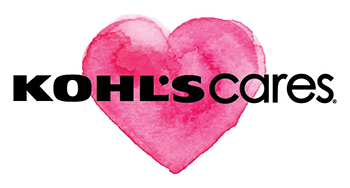As a school health professional, you know the children in your school who are challenged by asthma and are often on the front line of helping them manage their condition. When pediatric asthma is in-check, kids can spend more time in class actively learning and participating. When it’s not, asthma can be a significant disruption to their education. In fact, asthma is the leading cause of missed school days among children ages 5-17.
Video library
Professional development seminars
The following videos were recorded at the Kohl’s Cares: Partnering to optimize asthma care in schools conference, as a part of a partnership with Minneapolis and St. Paul Public Schools. Watch to learn more about pediatric asthma, how to assess asthma symptoms and various treatments to manage asthma effectively.
Asthma & Behavioral Health
Pediatric asthma overview
Learn more about pediatric asthma, goals for asthma management and various asthma triggers. Also see an example of an asthma action plan.
Asthma medication management
Learn about different types of asthma medication and how to use them effectively.
Sights and sounds of asthma
Learn how to assess if a child is presenting with asthma symptoms by using observation and interaction.
Applying knowledge and skills
View several live scenarios and Q&A sessions to apply skills to your practice.
Seasonal asthma tips for students: Spring
For students with springtime allergies, it may mean a worsening of asthma symptoms. Trees begin to release pollen at the end of March and grass pollen peaks in May and June.
- Decrease allergy exposure
- Pay attention to pollen counts
- Avoid being outdoors on windy days midmorning to midafternoon
- Keep doors and windows closed
- Shower nightly after being outside
- Visit a nurse practitioner or doctor every 6 months
- Create and follow an asthma action plan with a providers guidance
- Determine if allergy medications are needed
- Regularly monitor asthma
- Answer these four questions regularly to determine if asthma is under control.
Additional Printable Resources
Children’s Minnesota and Kohl’s Cares partnership
Children’s Minnesota is your partner in providing information, educational tools, resources and clinical expertise to keep students as healthy as possible. Through a generous grant from Kohl’s Cares, we are partnering with local schools and have set an ambitious goal to help reduce unscheduled visits to the school nurse’s office due to asthma. Everyone can breathe easier when pediatric asthma is well-controlled.
